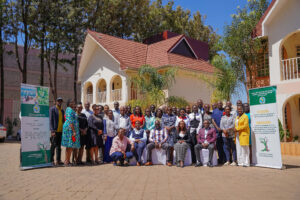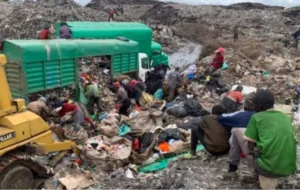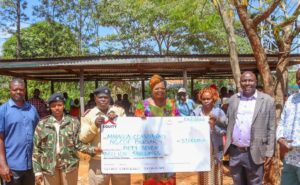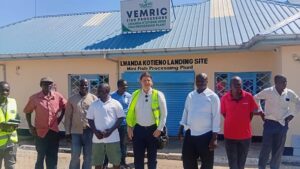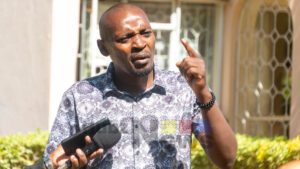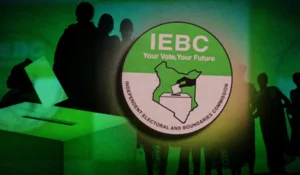Tanzania Plunged into Blackout Amid Post-Election Violence and Reports of Deaths
Schools were closed, civil servants were made to work from home, and the state media kept quiet about the violence and the election results.
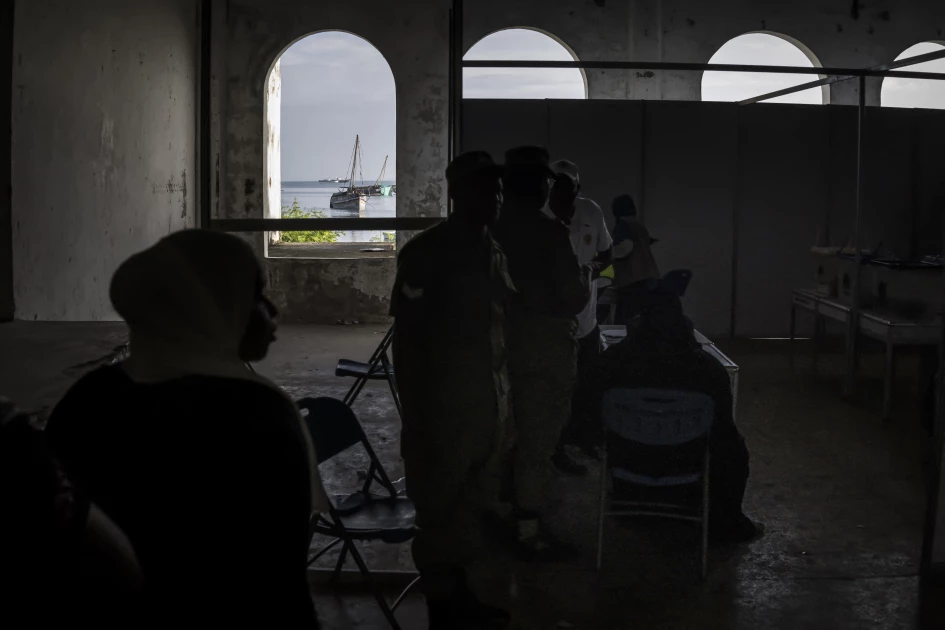
The protests were also said to break out in several other locations, among them Arusha and Songwe. Photo/courtesy
By Ruth Sang
Tanzania descended into anarchy yesterday following a disputed poll that had triggered nationwide violence, put the nation under siege, and led to a total communications blackout. Dozens are likely to have been killed amid the violence that erupted following Wednesday’s polls, which were marred by allegations of repression, intimidation, and lack of competition.
President Samia Suluhu Hassan, seeking to consolidate her grip on politics, faced minimal opposition after most of her main rivals were arrested, forced into exile, or disqualified from contesting. Human rights organizations, in the lead-up to the vote, sounded the alarm over what they described as a “wave of terror” across the country — detailing abductions, disappearances, and wholesale detentions without charge of opposition figures.
Despite the intense mobilization of security forces on Wednesday, demonstrations broke out in key towns, including the country’s business capital Dar es Salaam. Protesters were chanting “We want our country back,” demanding accountability and free elections. Social media video — which could not be independently verified — appeared to show police firing live rounds at crowds to break them up and shooting protesters at polling centers and businesses believed to be owned by the regime party.
A diplomatic source, quoted by AFP, revealed the fighting continued late into the night despite a tight curfew ordered by security forces. The same source reported that internet services were completely down on Thursday, and that there were military and police roadblocks everywhere in Dar es Salaam and other big cities. Schools were closed, civil servants were made to work from home, and the state media kept quiet about the violence and the election results.
The reports indicated that as many as 30 people could have been killed, but the reports are unconfirmed. “This is unheard of… No one has an idea what will happen next,” the diplomatic source added, suggesting President Hassan’s destiny might now be uncertain. The protests were also said to break out in several other locations, among them Arusha and Songwe.
Much of the internet outrage has been directed against President Hassan’s son, Abdul, reportedly commanding an informal police and intelligence unit accused of orchestrating a pre-election crackdown. The task force was blamed by analysts for a string of kidnappings of opposition activists and leaders, including popular influencer Niffer, who was arrested after uploading satirical videos calling for protests.
Amnesty International had confirmed it had documented two deaths on the basis of social media reports, calling the situation “deeply disturbing” and urging authorities to exercise restraint. The organization warned that the risk of further violence remained high.
President Hassan, the nation’s first female president, initially gained praise on assuming office in 2021 for relaxing restrictions on opposition and the media. Critics now accuse her of rolling back those reforms and following the same autocratic tactics of predecessor John Magufuli, who passed away in 2021. Her main rival, Chadema party’s Tundu Lissu, is in court facing charges of treason, and another, ACT-Wazalendo’s Luhaga Mpina, was barred from joining the fray.

